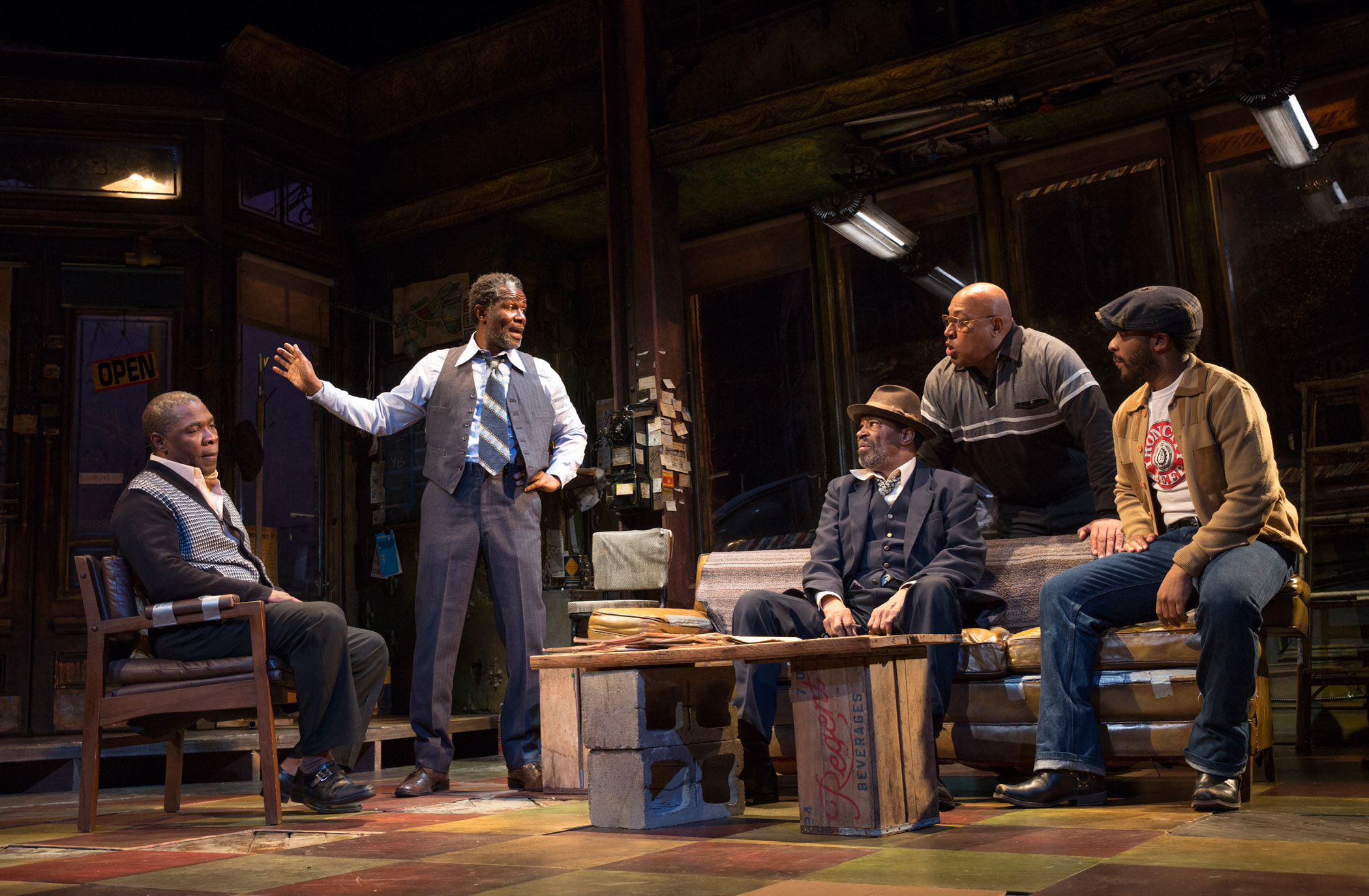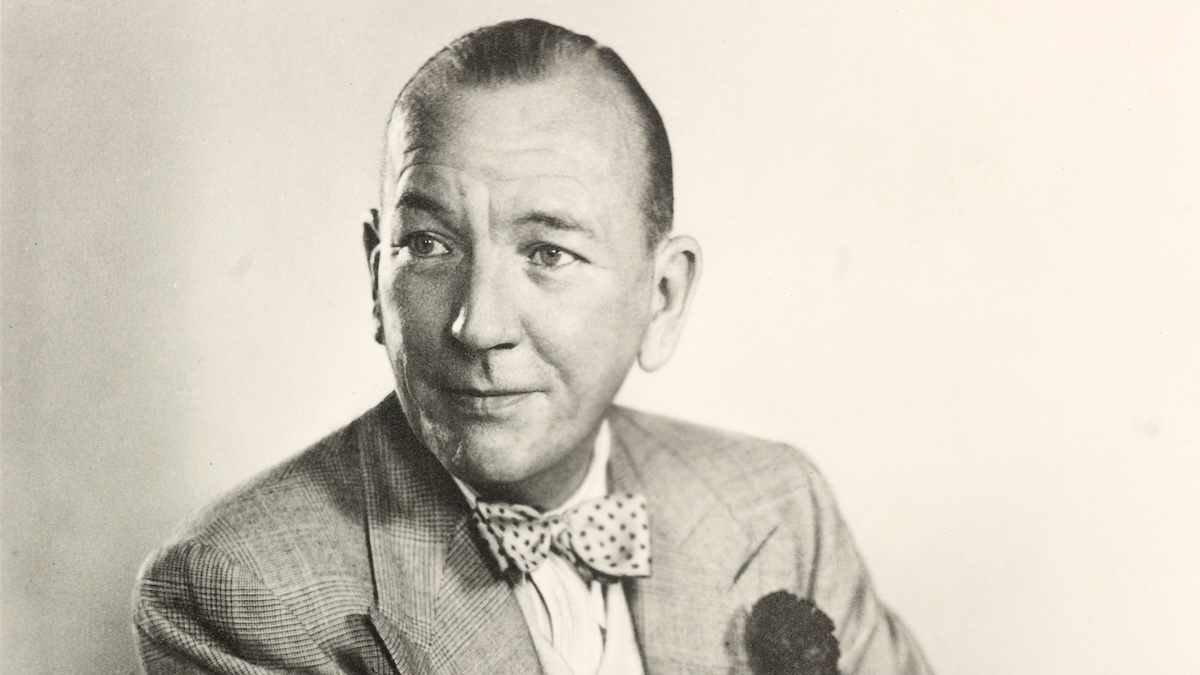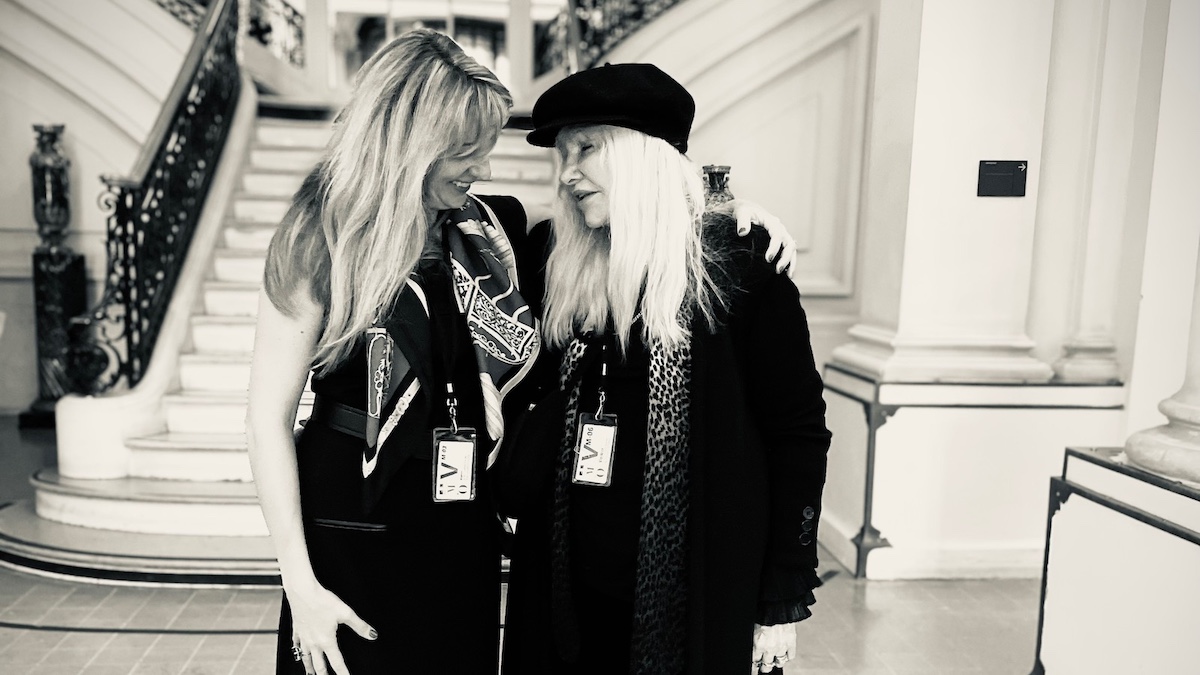
Samuel French is proud to support the August Wilson Monologue Competition, which was created by Kenny Leon and True Colors Theater Company in 2007 to carry on the legacy of August Wilson through the next generation of theatre artists. In 2017, the Dallas Competition expanded to include essays written about Mr. Wilson’s work. Check out the top three here.
What does it mean for art to be political? It could mean the art presents direct and indirect perspectives on society. It could also mean the art refers to a specific political figure or subject that “expresses critique” of the status quo. One man whose art, in the form of theater, can be interpreted as political is that of August Wilson.
August Wilson was an American playwright born in Pittsburgh, Pennsylvania. The ten plays in his best-known collection of work, “the Century Cycle,” take place in different decades over the twentieth century. They line up and display an extended period of history. All but one of the plays in the Cenury Cycle take place in his hometown. Wilson himself has said that he doesn’t write political plays, but that he does like to write plays about African American struggle and triumph. Later on in his art, however, Wilson learned from Amiri Baraka, an American poet, that “all art is political.” While Wilson may not have created his art with the intention of conveying a political message, it definitely tugs at political issues such as race, gender, and inequality.
One of Wilson’s plays that embodies some of these political issues is Ma Rainey’s Black Bottom, set in a recording studio in Chicago, Illinois in the year 1927. This is the only one of Wilson’s plays in the Century Cycle that takes place outside of Pittsburgh. The story within the play happens over the course of an afternoon. Legendary blues singer Ma Rainey is in the studio with four men of varying ages and perspectives, recording various songs. The four men are Toledo, Cutler, Drag, and Levee. Toledo is a serious man who is wise about the subjects of racial pride and self-determination. Cutler places his faith in religion. Drag is a simple man who does not make an effort to question things. Levee craves respect and power, and is tired of racial injustice. Throughout the day, the four talk and argue about multiple topics. However, no matter what the topic of conversation is about, it roots back to the problems black people in America constantly faced.
The political issue found within this play is the subject of racism. During this time, the music industry didn’t benefit minorities. Mass communication media disrupted the success of these minorities. The minorities made the music, yet the white men took the credit and all of the money. This is what August Wilson wanted to highlight within this play. Famous for plays about African American plight, Wilson intended to display the struggles facing black musicians at the hands of racism. In the process, he created political art. The art of African Americans was a thing of beauty. At this time, however, they had poor defense against the upper hand.
White men who believed African Americans should not be equal in power knew they could take advantage of them. So, that is what they did. The white producers took the music created by the four minority gentlemen in this play and distributed it as if it were theirs. While these four men could have expanded and grown in their art and become something huge for themselves, the white people prohibited it. This inequality was a regular political issue at the time. It was something August Wilson felt passionate enough about to elaborate on through the form of a play. Politics toward African Americans was unfair, more so for African Americans trying to make a name for themselves. The white man always had to be in power, and that’s how it was in this given play.
Another play that embodies a political issue is August Wilson’s The Piano Lesson, set in the year 1937. This play, which takes place in Pittsburgh, is centered on a piano that holds massive family value. Berniece and Boy Willie are siblings who hold polar opposite opinions and values. Berniece values family, and the piano held family memories. Boy Willie plans on selling the piano to make money, since that is what he values. Berniece is fighting her fight alone, since Boy Willie is a male who is supported by other males with similar values. Although Berniece does not lay a finger on the piano anymore, she embraces the memories it holds so much that she refuses to let it go just for money.
This is a play that looks upon the subject of gender supremacy and identity. At that point in time, the opinion of a man was given higher value than that of a woman. Even though family value is important, this was placed during the time following the Great Depression, when money was scarce. Boy Willie had the upper hand just due to the fact that he was a man. A woman’s place was in the house following orders, not fighting for anything against a male. August Wilson wanted to expose that this daily issue was a heavy occurrence, even within the family. Gender supremacy was a political subject, which was a major deal within the year this play is set. Wilson highlighted this family plight without setting it up to convey a political message.
As seen in the examples above, August Wilson’s plays hold valuable political messages that can be conveyed and interpreted even today. The struggle for equality interpreted through Wilson’s plays is seen more and more often today. Minorities and women across the world still fight for an equal voice to this day, and artworks such as the plays Wilson made provide an opening for others to understand and level with these issues. Although his intentions were only to display the plight of African Americans in different environments, Wilson created art that can speak out for the millions facing political plights across the world whose voices are shunned into silence.

Noël Coward’s Travels

Kate Chopin in New Orleans: Mother-Daughter Author Duo Collaborate on Historical Book

